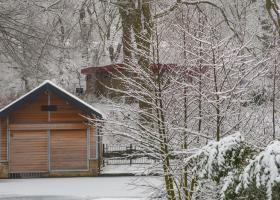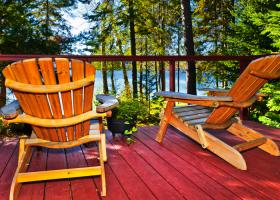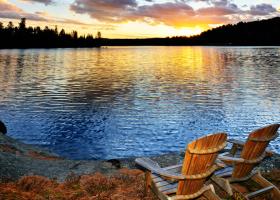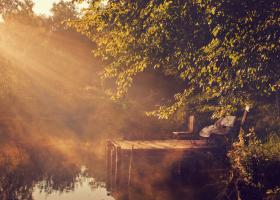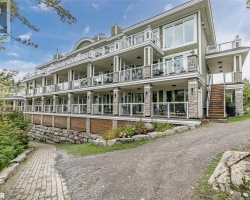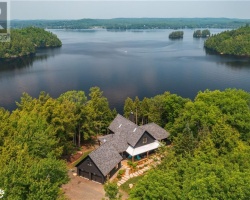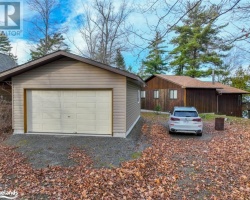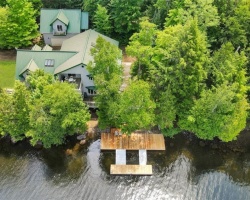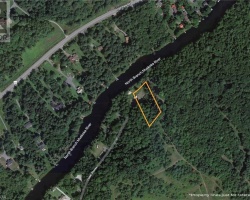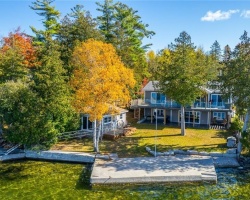Things to consider before buying a cottage
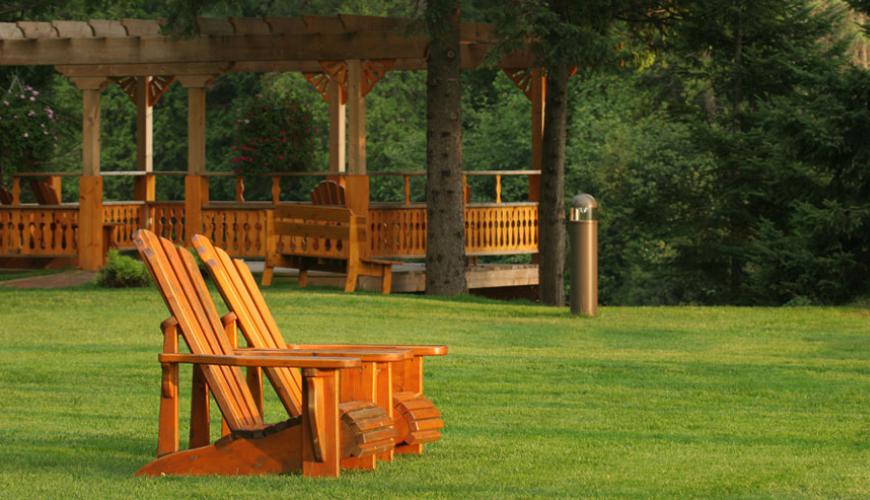
What are some of the things you should consider when looking for a recreational cottage/villa property to buy?
You picture yourself stepping outside your cottage in the crisp morning air climbing aboard your snowmobile for an exhilarating day on the trails or when summer returns, stepping onto your boat.
For many Ontarians, these idyllic moments are reason enough to own a recreational cottage property. But what happens when a large tree branch snaps in an ice storm and damages your roof? Who plows the driveway so that you can get into your property late on a Friday night? Where can you buy seasoned firewood to fuel your wood-burning stove?
Recreational properties can be your playground and therapeutic oasis. Before you decide to purchase one, know what you are committing to. Recreational properties, by virtue of their nature and location, often have costs and characteristics you wouldn't normally worry about with your home.
Since they have unique characteristics, it is best to hire a real estate professional with experience in this sector of the market, and ideally in the specific area you want to buy. A sales agent with knowledge of the local real estate environment will be able to help you ask the right questions about a property and determine what this investment means to your lifestyle and budget.
A professional home inspection is also a must. A good home inspector with knowledge of cottage properties will be able to identify underlying issues with major systems, including heating, cooling, plumbing and electrical.
Two major considerations for a vacation property are water and septic systems. If your water source is a well, ask for a water quality test to be done and consider hiring a well inspector to ensure you will have sufficient water and that the well installation meets provincial standards.
You can ask for service records for the septic system or try to find that information at the local health unit. Also, be aware that septic systems are not always included in a regular home inspection and may require a specialized inspector.
Access and easements are other matters to investigate. If you do not have year-round access by a municipal road, how do you get to your property in the winter? Is it through a neighbour's property? If so, is there a formal agreement in place?
What about beach or water access? Do you have direct access or is it through rights that apply to another neighbouring or nearby property? Are those rights unique to your property or is it shared and if so how widely? How formal and/or secure are those rights for the future?
And if the property is zoned "seasonal" does the municipality provide emergency services in the winter? What about the zoning of neighbouring properties? Could your natural view be changed someday by new development? These questions and more need to be answered before you purchase.
Finally, it is important to know your carrying costs for the property. Whether you occupy it year-round or seasonally, there are certain expenses that are constants, such as mortgage payments, property insurance and taxes.
Utility charges can vary widely depending on the property and how it is used, so consider how it is heated & the price of electricity, gas, propane and wood can differ dramatically and what you can expect to pay for hydro.
Even travel time and fuel costs should be taken into account. If traffic jams are a constant problem in getting to your property, it would be good to know there are alternative routes to take. And what does it cost in gas to get there and back?

